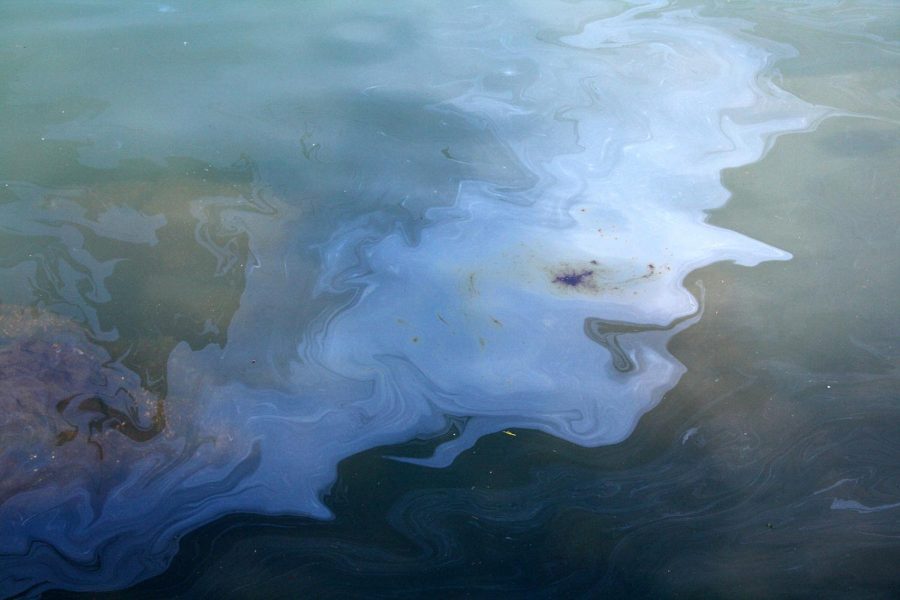Huntington Beach Oil Spill
October 28, 2021
On Saturday, October 2nd, 2021, a pipeline failure occurred running along from the Port of Long Beach to the offshore oil platform known as Elly, operated by Beta Operating Company and owned by Amplify Energy. It has caused what is now estimated to be 144,000 gallons of oil gushing into the Catalina Channel, creating a slick 8,000 acres long. The oil has traveled to Newport Beach, Laguna Beach, and Huntington Beach, killing marine life and many birds; it is also threatening ecologically sensitive wetlands. This oil spill has caused commercial fishing to close, which is severely affecting fishers and fish processors throughout the region.
In October 2020, the pipeline was intact before being deflected 105 feet, eventually causing a crack in its casing. Jason Neubauer, Chief of the Office of Investigation and Analysis for the U.S. Coast Guard, believes the 13 inch linear crack was likely caused by a ship’s anchor dragging along the seafloor.
“‘This event could be multiple incidents and strikes on the pipeline after the initial event, which we’re pretty confident occurred several months to a year ago,’” Neubauer said.
Huntington Beach reopened on Monday after the oil pipeline spilled thousands of gallons of oil into the Pacific Ocean. This had Huntington Beach and other beaches and lakes closed for a week until Monday, when officials said they recovered at least 5,544 gallons of oil and 13.6 barrels of tar balls. The worst case scenario is that more than 131,000 gallons may have spilled into the waters.
“‘The health and safety of our residents and visitors is of the utmost importance. We understand the significance of our beaches on tourism, our economy, and our livelihood here in Huntington Beach,’” said Huntington Beach Mayor Kim Carr in a press statement. “‘It is important that our decision to reopen our shoreline and water be based on data and that we continue to monitor the water quality going forward.’”
Even though these beaches and waters are reopened, that doesn’t mean that the oil is completely removed. People still need to be vigilant, watch for noxious smells, and avoid any area with oiled materials and tar barrels.



